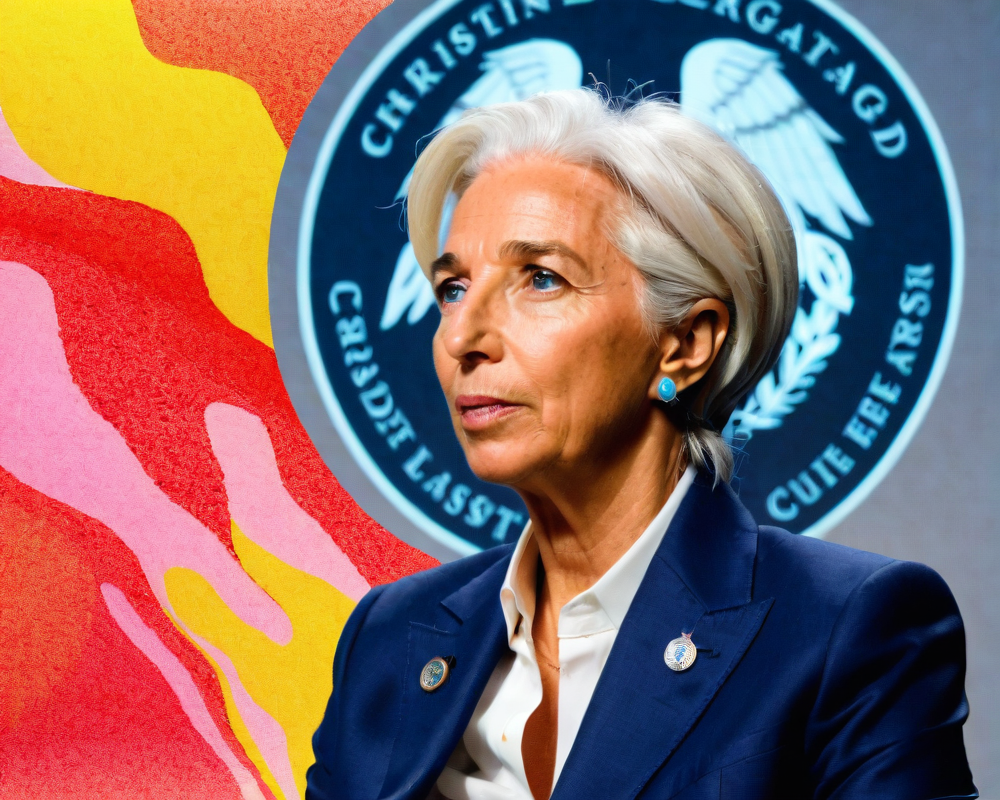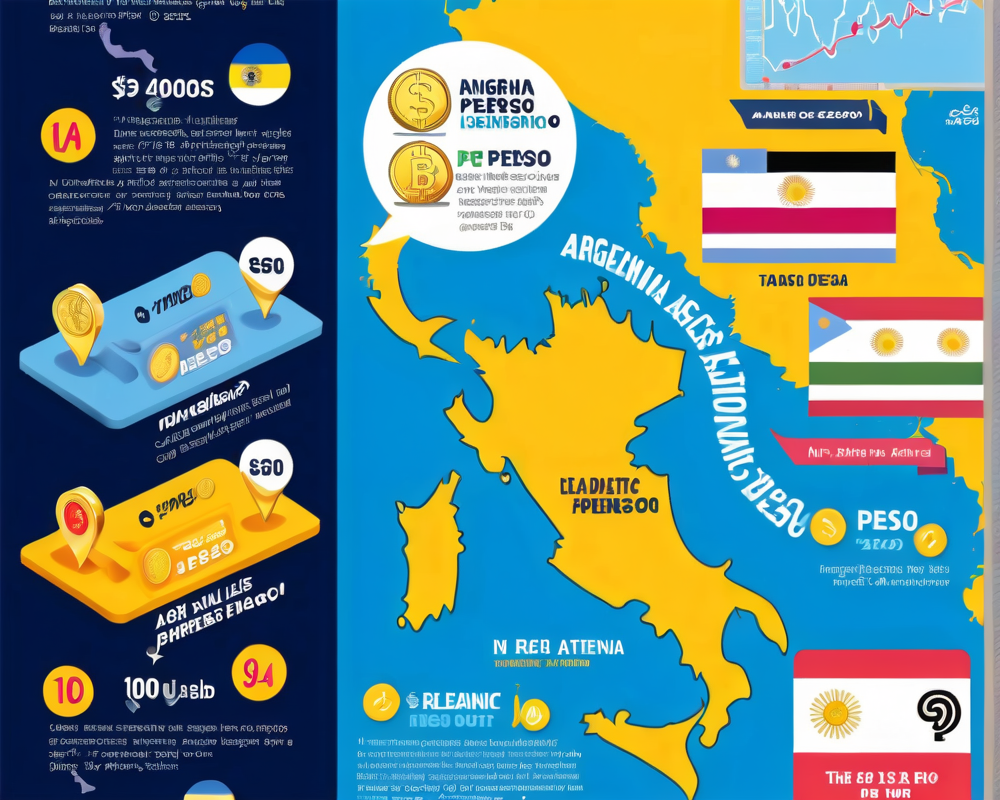Lagarde’s Testimony: The Call for Change
Just a week after Celsius, a major American crypto lending platform, hit the pause button on withdrawals, Christine Lagarde, the European Central Bank (ECB) president, has stepped onto the regulatory soapbox. Testifying before the European Parliament, she raised her concerns not only about global inflation but also about the increasing wave of crypto-asset staking and lending activities that have become the talk of the town.
Regulatory Concerns: A New Chapter?
Lagarde didn’t mince words. She emphasized that the crypto ecosystem is evolving and, as it stands, needs some serious adult supervision. She is all for the upcoming regulatory framework, commonly referred to as the Markets in Crypto-Assets (MiCA). In fact, she suggested a little something she called “MiCA II,” aimed explicitly at addressing the issues surrounding staking and lending.
What’s the Bottom Line?
According to Lagarde, the lack of regulation in these territories is akin to inviting trouble—it’s a bit like leaving your front door wide open while the neighborhood is experiencing a spike in petty crime. She warned, “Innovations in these unexplored and uncharted territories put consumers at risk, where the lack of regulation is often covering fraud, completely illegitimate claims about valuation, and very often speculation as well as criminal dealings.” Sounds like a bad episode of a financial thriller, doesn’t it?
Decentralized Finance: A Serious Warning
Shifting gears slightly, Lagarde pointed to decentralized finance (DeFi) as another ticking time bomb. She raised alarms over the potential risks that DeFi poses to the overall financial stability of Europe. It seems that while the crypto world is busy throwing parties, Lagarde is making sure no one gets left behind when the music stops.
Staking Explained: The Good, The Bad, and The Risky
So, what exactly is staking? In a nutshell, it’s a process primarily linked to proof-of-stake (PoS) protocols, where crypto owners can pool their tokens. This pooling grants the operator of the staking pool the ability to validate transactions, and in return, all parties are rewarded with tokens. Sounds simple and enticing, right? But, as our dear Christine pointed out, the spiffy terms carry some serious risks.
The Future of Digital Currency
While Lagarde seems to have donned the cape of a crypto-hero, the European Commission is not lagging, (pun definitely intended). A digital euro proposal is on the horizon for 2023, with the ECB aiming to have a prototype ready by year’s end. Who knows, if everything goes well, we might just see it making its grand debut in 2025!




